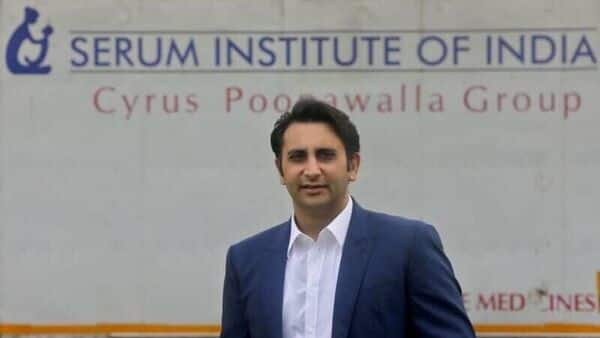The outbreak of Covid-19 has led to an unprecedented global health crisis, with millions of people infected and hundreds of thousands of deaths. However, researchers and medical professionals around the world have been working tirelessly to find an effective treatment for the disease. One promising treatment that has gained a lot of attention is plasma DNA therapy.

Plasma DNA therapy involves taking plasma from recovered Covid-19 patients and injecting it into sick patients. The plasma contains antibodies that have been produced by the immune system to fight off the virus. By transferring these antibodies to a sick patient, the hope is that the patient's immune system will be able to fight off the virus more effectively.
The idea of using plasma therapy to treat infectious diseases is not new. It has been used for over a century to treat a variety of infectious diseases, including the Spanish flu, Ebola, and SARS. It has also been used to treat other non-infectious diseases, such as immune disorders and certain cancers.
In the case of Covid-19, plasma therapy has shown promise in several studies. A study published in the Journal of the American Medical Association (JAMA) found that plasma therapy was associated with a significant reduction in mortality among Covid-19 patients who required mechanical ventilation. Another study published in the New England Journal of Medicine found that plasma therapy was safe and showed some benefit in reducing the severity of Covid-19 symptoms.
However, like all medical treatments, plasma therapy has its limitations and potential risks. One of the biggest challenges is finding a sufficient supply of plasma from recovered Covid-19 patients. Another challenge is that the therapy is most effective when administered early in the course of the disease, before the patient's immune system has been severely compromised.
There is also some concern that plasma therapy could lead to the development of antibody-dependent enhancement (ADE), a phenomenon where antibodies actually enhance the ability of the virus to enter and infect cells. However, studies to date have not found evidence of ADE in Covid-19 patients who received plasma therapy.
Despite these challenges and risks, many medical professionals and researchers believe that plasma therapy holds great promise as a Covid-19 treatment. The therapy is relatively simple and inexpensive compared to other treatments, and it has already been used to treat hundreds of thousands of Covid-19 patients around the world. If further studies confirm its safety and effectiveness, it could become a key weapon in the fight against the pandemic.
In conclusion, plasma DNA therapy is a promising treatment for Covid-19 that has shown some beneficial results in early studies. As the world continues to grapple with the pandemic, it is important that we continue to explore all possible treatments and solutions. While plasma therapy has its challenges and limitations, it could be a valuable tool in the fight against Covid-19 and other infectious diseases.